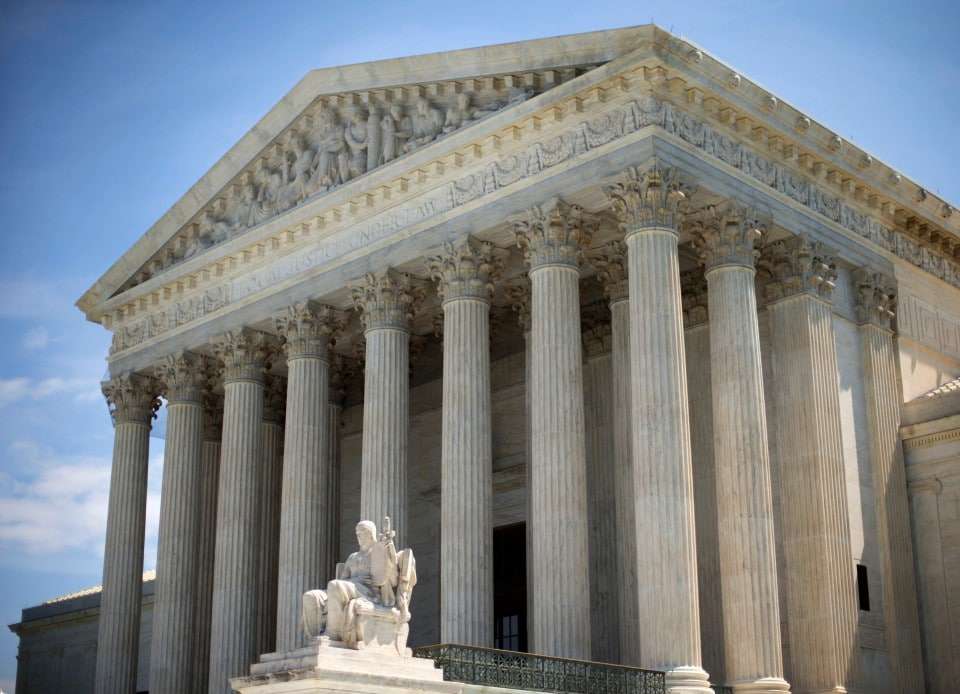The Volokh Conspiracy
Mostly law professors | Sometimes contrarian | Often libertarian | Always independent
The exclusionary rule in a post-Scalia era

SCOTUSblog has been running a series of essays on the future of the Supreme Court. Akhil Amar and I were asked to write on the future of the exclusionary rule.
My essay, "Scalia's absence may help preserve the exclusionary rule," begins:
Justice Antonin Scalia was a strong opponent of the Fourth Amendment exclusionary rule. When the Court heard a case about its scope, Scalia's vote was easy to predict. Scalia took the government's side every time. His votes made him part of a conservative majority that consistently chipped away at the exclusionary rule over Scalia's thirty years on the Court. Scalia's death, and the possibility that he will be replaced by a very different Justice, raises the possibility that further chipping away may now stall - and may, over time, be reversed.
Amar's essay, "The despicable and dispensable exclusionary rule," begins:
"You despise me, don't you?" simpers Peter Lorre's character, Signor Ugarte, to Rick Blaine, played by Humphrey Bogart. Bogie's blunt response in this early scene from Casablanca remains a great line in a film filled with great lines: "If I gave you any thought I probably would."
Think of the modern Supreme Court as Bogart, and the exclusionary rule as Lorre. Although the Court excludes evidence all the time, a Court majority probably despises the exclusionary rule while almost never thinking about it. In countless cases over the last forty years, the Court has held that the Fourth Amendment was violated by the facts at hand, and has thus ordered or upheld evidentiary exclusion. But in almost none of these cases was the exclusionary rule as such at issue. Rather, in these cases the Court granted review, and the Justices opined, only on the scope of the Fourth Amendment right that underlies the rule. But whenever the modern Court has squarely focused on the exclusionary rule itself - giving express thought to whether the rule's contours should be widened or narrowed - the Justices have almost always ruled against the rule, and have done so in case after case dripping with implied or express contempt for it.
I read Amar's essay as criticizing the justices for (among other things) deciding Fourth Amendment merits cases that reached them based on the exclusionary rule without also addressing whether the exclusionary rule should apply. My sense is that the justices compartmentalize the merits issues because they need to. On one hand, there has been a majority generally opposed to the exclusionary rule. If the justices grant cert on the remedy, the defendant will very likely lose. On the other hand, the justices need the exclusionary rule to get cases up to them. It's the lifeblood of Fourth Amendment caselaw, necessary to trigger enough litigation so courts can say what the law means. Compartmentalizing the issues helps the justices develop the law. After they grant cert on the merits, they put aside the potential remedy and just focus on the merits in the abstract.
As I have argued at some length here, this compartmentalization has recently pushed the court to allow what I see as advisory opinions. The justices will decide a case on the Fourth Amendment merits even if the outcome has no impact on the underlying case because no remedy is available. It's an odd way of doing business, and in my view not one that the Constitution permits under Article III. But I think the compartmentalized mind-set results from the simultaneous need for remedies required to bring cases and a distaste for the remedies required to bring them.


Show Comments (0)